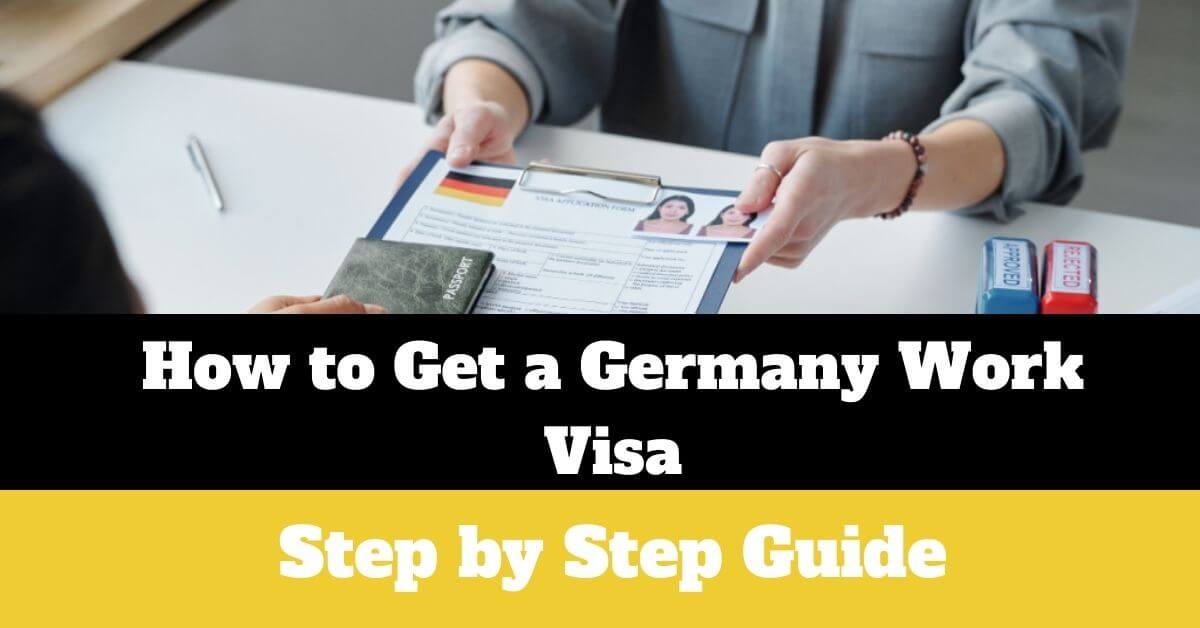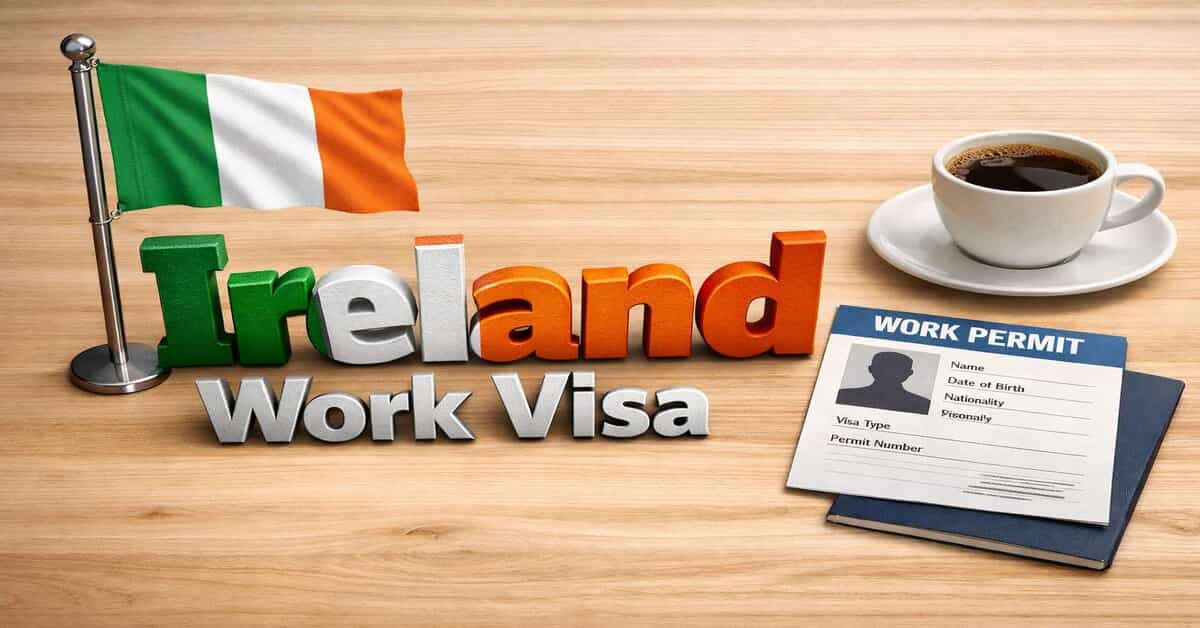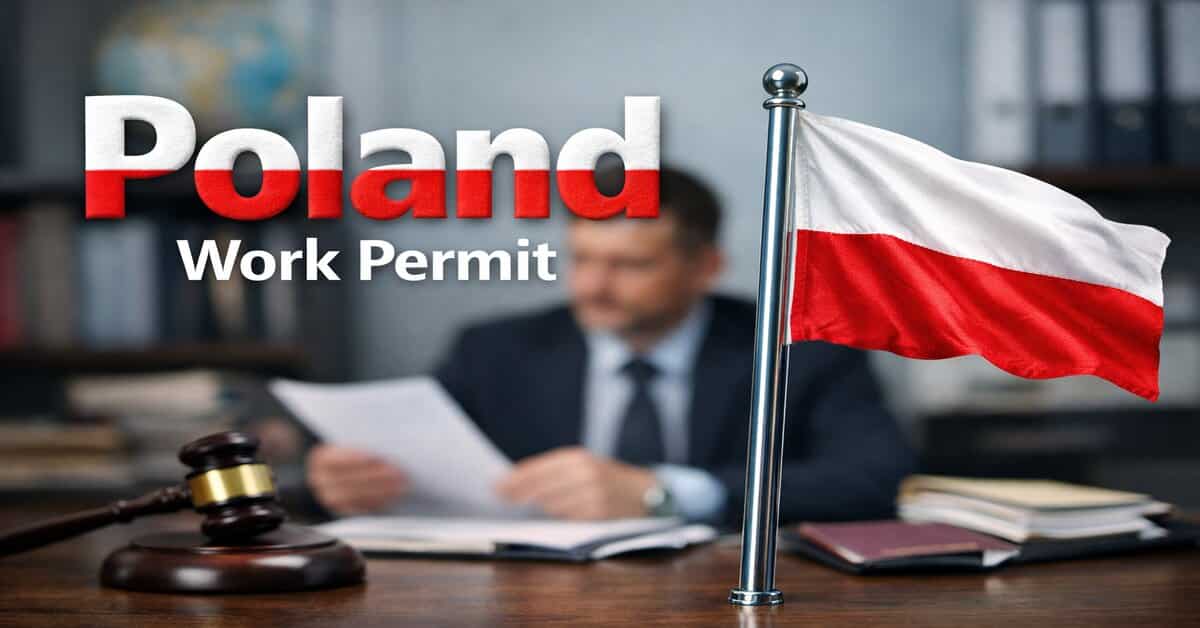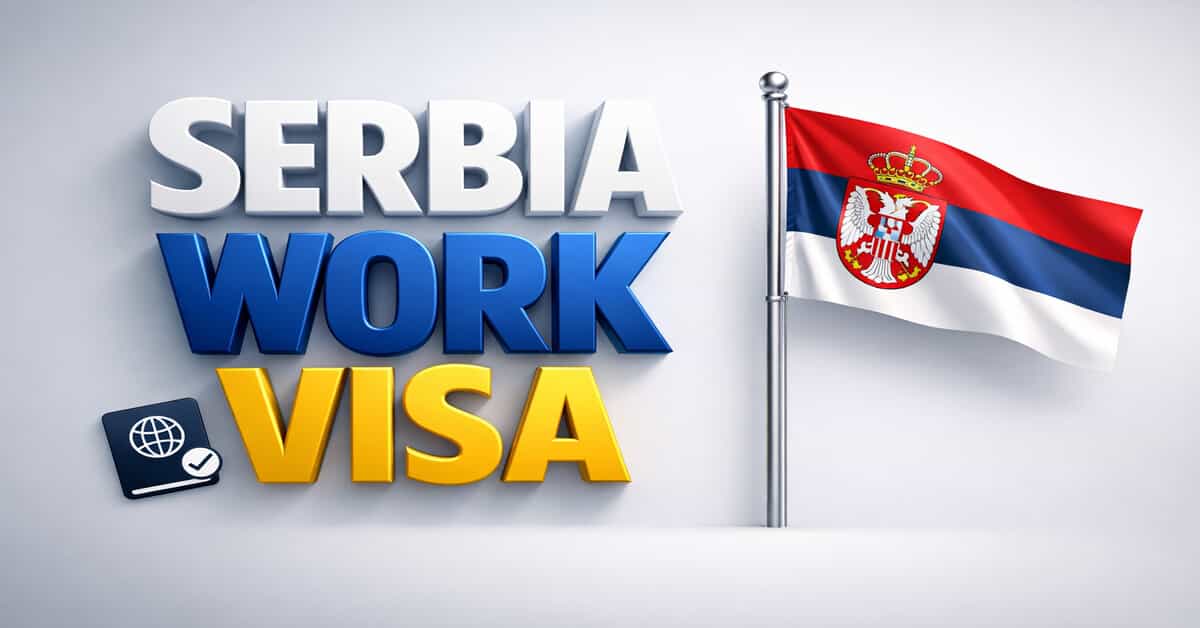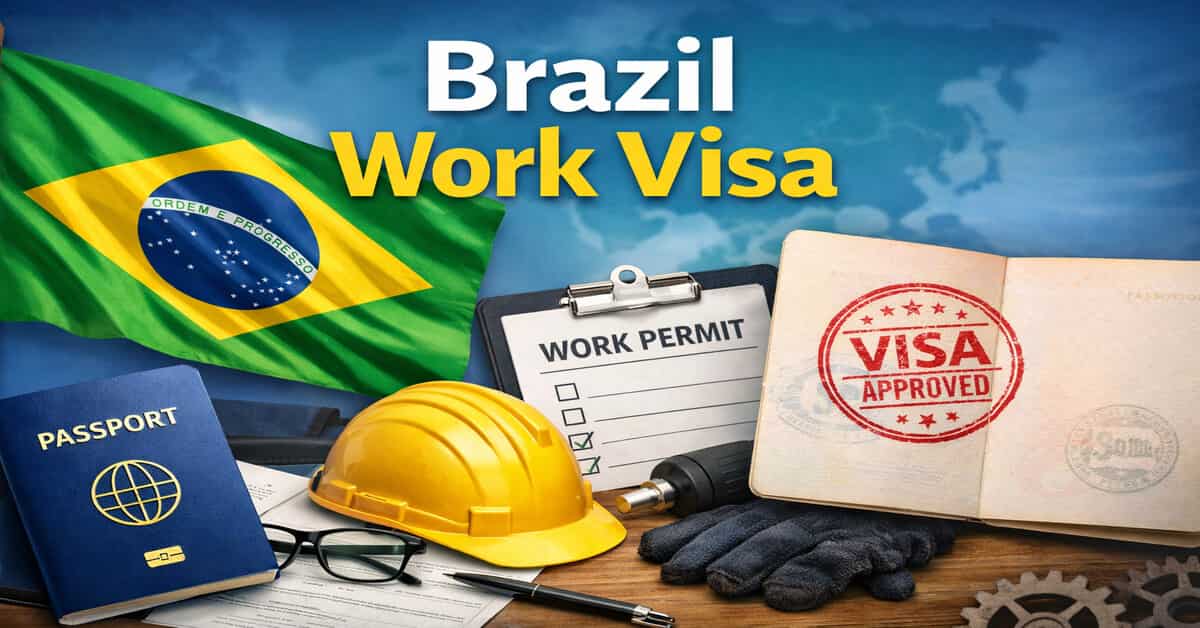Germany has become one of the most attractive destinations for foreign workers. With its strong economy, skill shortages in many industries, and high living standards, more and more people are looking to move to Germany for job opportunities. To do this legally, most non-EU citizens need a Germany Work Visa. This article explains everything you need to know about requirements, process, costs, and tips for securing your visa in 2026.
Why Work in Germany?
Germany is known as the powerhouse of Europe, offering:
- High demand for skilled workers in IT, healthcare, engineering, and skilled trades.
- Competitive salaries and strong worker rights.
- Pathways to permanent residence (PR) after working for a few years.
- Opportunities for family reunification and long-term settlement.
For job seekers from outside the EU, especially from countries like India, Pakistan, Bangladesh, and Nigeria, the Germany Work Visa is the entry point to a rewarding career abroad.
Types of Germany Work Visas
Germany offers different types of work permits depending on your qualifications and job type:
- General Employment Visa: For professionals with job offers in Germany.
- EU Blue Card: For highly qualified workers (usually with a university degree and high salary offer).
- Job Seeker Visa: Allows you to stay in Germany for 6 months while searching for a job.
- Vocational Training Visa: For those pursuing apprenticeship or training in Germany.
- Freelancer Visa: For self-employed individuals or freelancers in fields like IT, media, and design.
Germany Work Visa Requirements
To qualify, applicants generally need:
- A valid job offer or contract from a German employer.
- Recognized qualifications or degrees (some jobs require professional license recognition).
- Proof of financial stability (bank statements, salary contract).
- Valid passport and completed visa application form.
- Health insurance coverage in Germany.
- Proof of accommodation (rental contract or housing confirmation).
Step-by-Step Application Process
- Find a Job Search on portals like Make-it-in-Germany, EURES, StepStone, or LinkedIn.
- Check Recognition of Qualifications Use the Anabin database or apply for official recognition.
- Gather Required Documents (see list below).
- Book an Appointment at your local German Embassy or Consulate.
- Submit Your Application Attend the appointment, submit documents, and give biometrics.
- Wait for Processing Usually 4–12 weeks, depending on your country.
- Receive Visa and Travel Once approved, you can move to Germany and register locally.
Required Documents Checklist
- Valid passport (with at least 12 months validity).
- Completed the Germany Work Visa application form.
- Job offer or employment contract.
- Academic certificates or vocational training proof.
- Updated CV/resume.
- Proof of accommodation in Germany.
- Health insurance coverage.
- Motivation letter explaining your career plans in Germany.
- Visa fee payment receipt.
Germany Work Visa Fees
- Visa fee: €75 (approx. USD 82).
- Fees must be paid when submitting the application (non-refundable).
Processing Time
- Standard processing: 4 to 12 weeks depending on embassy workload.
- Faster for EU Blue Card holders if salary requirements are met.
Germany Job Seeker Visa
If you don’t have a job offer yet, the Germany Job Seeker Visa is a great option. It allows you to stay for 6 months to look for work.
Requirements include:
- Recognized degree or qualification.
- Proof of funds (~€934 per month).
- Valid health insurance.
EU Blue Card – The Best Option for Professionals
The EU Blue Card is one of the most popular residence permits. It offers:
- Easier permanent residence pathway (after 21–33 months).
- Eligibility for family reunification.
- Minimum salary requirement:
- €45,300 per year (general).
- €41,041.80 per year (for shortage occupations like IT, doctors, engineers).
Shortage Occupations in Germany
Germany faces worker shortages in many fields. Applicants in these sectors have higher chances of approval:
- IT specialists (developers, programmers, system admins).
- Engineers (mechanical, electrical, civil).
- Healthcare workers (nurses, doctors, caregivers).
- Skilled trades (electricians, plumbers, construction workers).
Can You Bring Your Family?
Yes, family members (spouse and children) can apply for family reunification. Requirements:
- Proof of accommodation big enough for family.
- Financial stability to support dependents.
- Spouse may be required to show basic German language skills (A1 level).
Germany Work Visa for Different Countries
- India & Pakistan – High demand for IT, healthcare, and engineering professionals. Applicants must show recognized degrees and job contracts.
- Nigeria – Opportunities in nursing and skilled trades, but strict document verification applies.
- Bangladesh & Nepal – Growing demand in construction, hospitality, and healthcare.
After Arrival in Germany
Once in Germany, you must:
- Register your address (Anmeldung) at the local registration office.
- Apply for a residence permit at the Foreigners’ Office.
- Open a German bank account and register for health insurance.
- Start working legally!
Conclusion:
The Germany Work Visa opens doors to excellent career opportunities, high salaries, and a future in Europe’s strongest economy. With clear requirements, a structured process, and plenty of demand for skilled workers, it’s a realistic goal for many.
If you prepare your documents carefully, apply early, and target shortage occupations, your chances of success will be much higher. For ambitious professionals, the EU Blue Card remains the best pathway toward permanent settlement in Germany.
FAQs About Germany Work Visa:
1. How long is the visa valid?
Usually valid for the duration of your job contract, renewable if your employment continues.
2. Can I switch jobs on a work visa?
Yes, but you must inform the immigration office and update your permit.
3. What if my visa is rejected?
You can appeal the decision or reapply after correcting mistakes.
4. Can students switch to work visas?
Yes, international students in Germany can switch to a work visa after finding a job.
